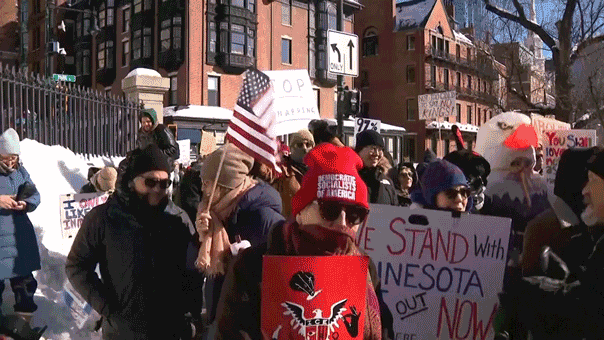WASHINGTON – Government-controlled mortgage buyer Freddie Mac managed a narrower loss of $1.7 billion for the October-December quarter of last year. But it has asked for an additional $500 million in federal aid — up from the $100 million it sought in the previous quarter.
Freddie Mac also posted a $19.8 billion loss for all of 2010.
The government rescued Freddie Mac and sibling company Fannie Mae in September 2008 to cover their losses on soured mortgage loans. It estimates the bailouts will cost taxpayers as much as $259 billion.
Freddie Mac's October-December loss attributable to common stockholders works out to 53 cents a share. It takes into account $1.6 billion in dividend payments to the government. It compares with a loss of $7.8 billion, or $2.39 a share, in the fourth quarter of 2009.
The company said the recovery of the housing market is still fragile.
"As we begin 2011, the housing recovering remains vulnerable to high levels of unemployment, delinquencies and foreclosures," Chief Executive Charles Haldeman said in a statement. "We expect national home prices to decline this year as housing will continue to take some time to recover."
Fannie Mae and Freddie Mac own or guarantee about half of all mortgages in the U.S., or nearly 31 million home loans worth more than $5 trillion. Along with other federal agencies, they played some part in almost 90 percent of new mortgages over the past year.
Fannie and Freddie buy home loans from banks and other lenders, package them into bonds with a guarantee against default and sell them to investors around the world.
The government's estimated cost of bailing out the mortgage giants far exceeds the $132.3 billion they have received from taxpayers so far. That would make theirs the costliest bailout of the financial crisis.
The two have been hit by massive losses on risky mortgages purchased from 2005 through 2008. The companies have tightened their lending standards after those loans started to go bad. Default rates on new loans are far lower.
The Obama administration unveiled a plan earlier this month to slowly dissolve the two mortgage giants. The aim is to shrink the government's role in the mortgage system. The proposal would remake decades of federal policy aimed at getting Americans to buy homes and probably would make home loans more expensive.
Exactly how far the government's role in mortgages would be reduced was left to Congress to decide. But all three options the administration presented would create a housing finance system that relies far more on private money.
Treasury Secretary Timothy Geithner will face questions from lawmakers next week at a congressional hearing on the proposal.








































